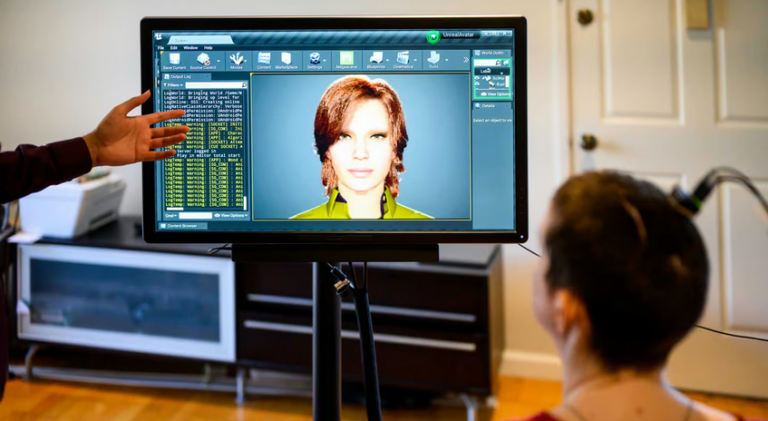Losing the ability to speak after a brain injury or due to disease leaves a person unable to express their thoughts, feelings and ideas, and can be incredibly isolating. In two recently published studies, researchers demonstrated how combining brain implants and AI gave two women – one paralyzed after a stroke, the other with a progressive neurodegenerative disorder – a voice.
Stroke can damage the regions of the brain that control language and speech. Similarly, amyotrophic lateral sclerosis (ALS), a progressive neurodegenerative disease that attacks the neurons controlling muscles, can cause speech problems when it affects the muscles that move the lips, tongue, soft palate, jaw, and voice box. But researchers have found a way to give the voiceless their voice back.
Continuing Atrocities: Blasphemy laws in Pakistan
Brain-computer interfaces (BCI) are here, and they’re only getting better. Two studies published on the 23rd of August in the journal Nature have proven how far we’ve come with our ability to translate thoughts into spoken words. The first, by researchers at UC San Francisco (UCSF) and UC Berkeley, enabled a woman who’d suffered a stroke to speak and express emotion via a digital avatar. The second, by Stanford Medicine, converted the brain activity of a woman who’d lost the ability to speak due to ALS into text displayed on a computer screen.
Continue here: New Atlas
Ask me anything
Explore related questions





